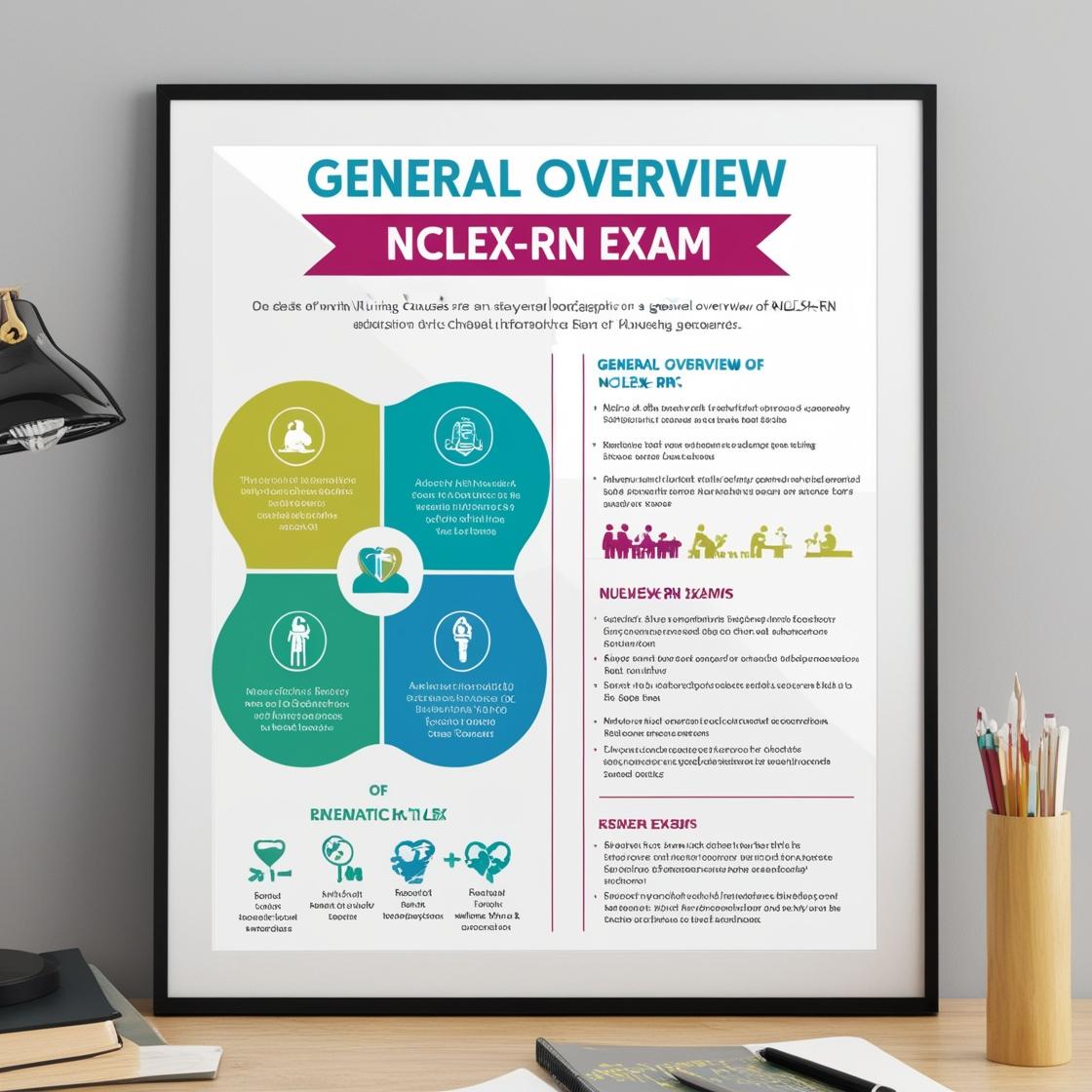NCLEX-RN
Saunders NCLEX RN Practice Questions
1. A nurse is caring for a dying client whose family wants to be with him in the operating suite. The surgeon, however, does not allow families to be present during surgery. The nurse recognizes this as an ethical dilemma. What is the initial step of the nurse when managing this situation?
- A. Contact the physician to amend the order for the client
- B. Document an account of the situation to ensure adequate coverage of details
- C. Consult with the medical ethics committee to determine a safe and workable solution
- D. Speak with the chief nursing officer to change the policy governing this situation
Correct answer: A
Rationale: In this type of situation, the first action of the nurse should be to address the immediate needs of the client by requesting the physician to make a change based on the circumstances. The primary concern is to ensure the client's well-being and honor the family's wishes, even if it means deviating from standard protocols. While documentation (Choice B) and consulting with higher authorities like the medical ethics committee (Choice C) may be necessary at a later stage, the initial step is to take action to meet the client's needs promptly. Speaking with the chief nursing officer to change the policy (Choice D) is not the most immediate or practical step in this situation, as the focus should be on the client's current care needs.
2. Which of the following is an example of whistle-blowing?
- A. A nurse contacts administration about a colleague who takes supplies to use for a mission trip
- B. A client sues a nurse because she failed to call the physician about his wound infection
- C. A nursing assistant calls for help when a client falls out of bed
- D. A client developed a sacral pressure ulcer when he was not turned in bed for over four hours
Correct answer: A
Rationale: Whistle-blowing involves notifying administration or a supervisor about unethical or illegal activities. In this scenario, the nurse reporting a colleague taking supplies for personal use is an example of whistle-blowing as it involves reporting behavior that is dishonest and potentially harmful. Choices B, C, and D do not represent whistle-blowing. Choice B involves a legal action by a client against a nurse, choice C is a situation where immediate care is provided, and choice D is a case of neglect that should have been prevented.
3. What is involved in obtaining informed consent?
- A. An explanation of the reasons for the procedure
- B. A signature on a form indicating the client agrees to the procedure
- C. A statement affirming liability if complications arise during the procedure
- D. Both A and C
Correct answer: A
Rationale: Informed consent involves providing the client with an explanation of the reasons for the procedure, the potential risks, benefits, and available alternatives. It is essential for the healthcare provider to ensure that the client understands the information provided before agreeing to the procedure. While obtaining a signature on a consent form is part of the process, it is not the sole indicator of informed consent. Option C, which mentions liability statements, is incorrect as informed consent focuses on ensuring the client understands the procedure, not on affirming liability. Therefore, the correct answer is the explanation of the reasons for the procedure.
4. A nurse walks into a client's room to find the nursing assistant yelling, 'Sit back down or I won't help you eat, and then you will starve!' This type of behavior is known as:
- A. Psychological abuse
- B. Abandonment
- C. Material exploitation
- D. Physical abuse
Correct answer: A
Rationale: The correct answer is A: Psychological abuse. This behavior is classified as psychological abuse, which harms another person through words or threats. The nursing assistant's actions of yelling, making threats, and using food as a form of control fall under psychological abuse. Abandonment (choice B) refers to deserting or leaving a client without care, which is not the case in the scenario. Material exploitation (choice C) involves taking advantage of a person's assets or resources for personal gain, which is not evident here. Physical abuse (choice D) involves causing physical harm, which is not the primary issue in this situation. Therefore, the most appropriate classification for the behavior described in the scenario is psychological abuse.
5. At the beginning of her shift in a long-term care facility, which of the following clients should a nurse check on first?
- A. A 91-year-old man who needs help eating breakfast
- B. An 86-year-old man who has been incontinent in his bed
- C. An 82-year-old woman who needs IV antibiotics
- D. A 75-year-old man who is recovering from an injury and needs an ice pack
Correct answer: C
Rationale: When prioritizing care in a long-term care facility, the nurse must consider tasks that require their immediate attention and cannot be delegated. Administering IV antibiotics is a critical nursing task that only the nurse can perform, ensuring the timely and correct delivery of medication to the patient. While assisting with breakfast, managing incontinence, and providing an ice pack are important, these tasks can be delegated to other healthcare team members, allowing the nurse to address the client needing IV antibiotics first to ensure effective treatment and patient safety.
Similar Questions

Access More Features
NCLEX RN Basic
$69.99/ 30 days
- 5,000 Questions with answers
- Comprehensive NCLEX coverage
- 30 days access @ $69.99
NCLEX RN Premium
$149.99/ 90 days
- 5,000 Questions with answers
- Comprehensive NCLEX coverage
- 30 days access @ $149.99
